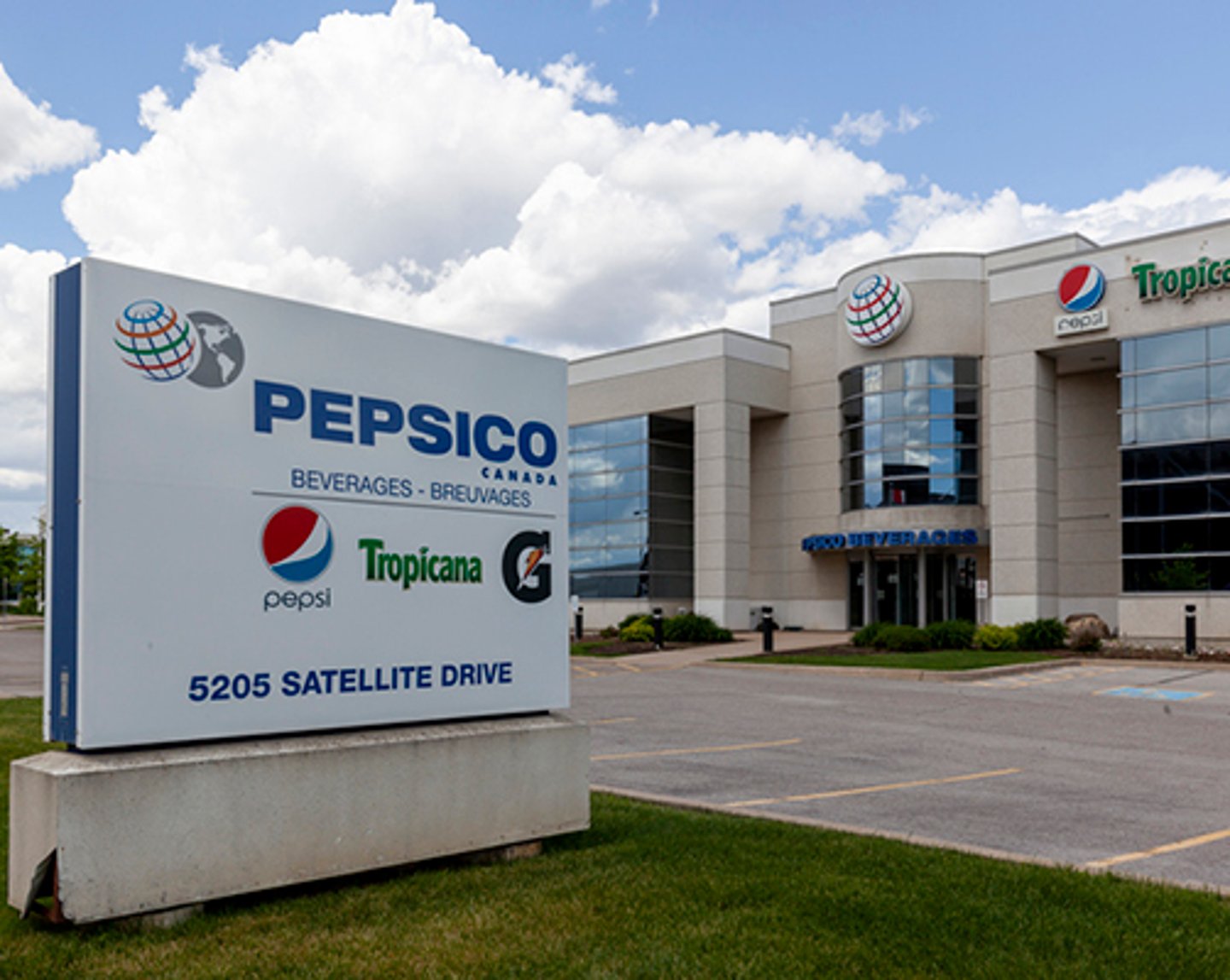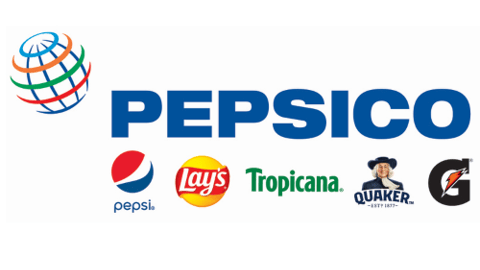PepsiCo’s Future of Work Is Flexible
As consumer goods companies reimagine their post-pandemic work environments, PepsiCo has gone on the record that its future has no default setting.
Under its new corporate policy, known as Work that Works, there will be no default day-to-day workplace for employees in PepsiCo headquarter locations. Instead, associates will work with their managers to identify which tasks can be accomplished remotely and which needs to be executed on-site. Factors affecting these decisions include roles, daily activities and team dynamics, and the company estimated that roughly 50% of corporate associates will work remotely at any given time.
As part of this, PepsiCo will scale down its real estate footprint. In addition to the associated environmental benefits, the No. 3 consumer goods company expects to tap into a wider talent pool.
It cited a few stats supporting its decision:
- Employers who offer flexible work see a 15% increase in productivity, 31% less absenteeism and 10% less turnover.
- Seventy-eight percent of employees say they would change jobs for one that gives them the option of working from home.
- For every 100 employees who work from home twice a week, PepsiCo will save 70 tons of greenhouse gas emissions.
Ronald Schellekens, PepsiCo executive VP and chief human resources officer, said the company examined the previous year’s challenges to shape new ways of working, and that Work that Works will provide employees with the flexibility they need to create balance and achieve greater success.
“We are confident that Work that Works gives our corporate associates the responsibility, freedom and support to work most effectively based on their individual needs,” Schellekens says. “To be successful as a company focused on meeting the needs of our consumers, we first need to meet the needs of our associates, today and in the future.”
PepsiCo’s business is broken into seven divisions: PepsiCo Beverages North America; Frito-Lay North America; Quaker Foods North America; Latin America; Europe; Africa, Middle East and South Asia; and Asia Pacific, Australia/New Zealand and China. The company sells in more than 200 countries and territories and generated over $70 billion in net revenue in 2020.
Associates will be able to reserve workstations and meeting rooms via a mobile app, while occupancy sensors and integrated meeting technology will play a role in meeting scheduling. The company will also leverage Smart Analytics, a tool that employs office flow and occupancy forecasting data to create algorithmic recommendations for work environment decisions.
PepsiCo is not alone in charting a new remote working path. Amazon said last week it will allow associates to create schedules that mix working at home and in its offices. The announcement came after employees criticized its initial guidance in March that stated it planned to return to an “return to an office-centric culture” as its baseline.
Instead, Amazon’s new baseline requires three days a week in the office, with two days of remote work permitted. Those seeking additional remote work days can apply for an exception.








